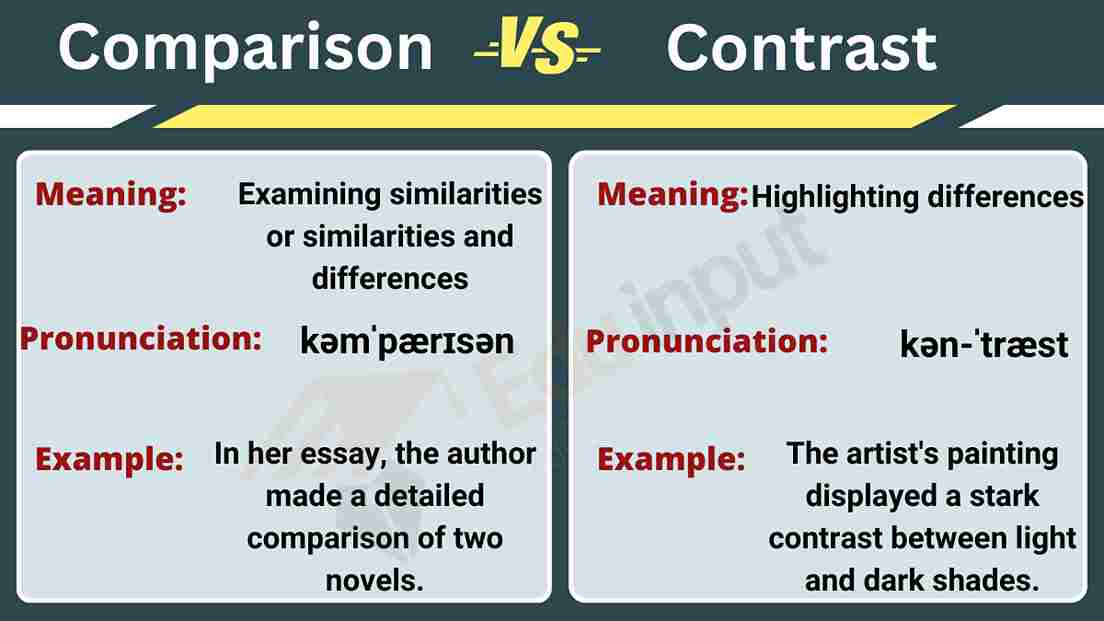Emigrant vs. Immigrant-Difference between and example
When discussing individuals who leave their home country to settle in a new land, the terms “emigrant” and “immigrant” often come up.

While both words are related to the act of moving to a different country, they carry distinct meanings and implications.
In this article, we will explore the differences between “emigrant” and “immigrant,” providing clear definitions, examples, and a comparative analysis.
By understanding the nuances of these terms, we can navigate discussions on international migration with accuracy and precision.
Meanings and Examples
Emigrant Meaning
The meaning of Emigrant is,
Noun: An “emigrant” refers to a person who leaves their native country to settle permanently in another land.
Examples of Emigrant
- Mary, an emigrant from Ireland, decided to move to Australia to pursue new career opportunities and experience a different culture.
- The emigrants bid tearful farewells to their families as they embarked on their journey to a foreign land, seeking a better future.
- James became an emigrant, leaving behind his small village in search of a better quality of life in a bustling metropolis.
Immigrant Meaning
The meaning of Immigrant is,
Noun: An “immigrant” is an individual who arrives in a foreign country with the intention of establishing permanent residence.
Examples of Immigrant
- Ahmed, an immigrant from Syria, sought refuge in Germany due to the ongoing conflict in his home country.
- The immigrants contributed to the cultural diversity of their new country, bringing with them their unique traditions and customs.
- Maria, an immigrant from Mexico, successfully integrated into her new community and became an active participant in local events.
Difference between Emigrant and Immigrant
| Category | Emigrant | Immigrant |
| Noun | A person who leaves their native country | A person who arrives in a foreign country |
| Example | Mary, an emigrant from Ireland | Ahmed, an immigrant from Syria |
| Usage | Referring to leaving one’s native country | Describing arrival and establishment in a new land |
| Grammar | Noun | Noun |
Usage in a Paragraph
When discussing international migration, it is important to differentiate between emigrants and immigrants. An emigrant is an individual who leaves their native country to settle permanently in another land.
For example, Mary, an emigrant from Ireland, made the courageous decision to move to Australia in search of new career opportunities and a chance to immerse herself in a different culture.
On the other hand, an immigrant is someone who arrives in a foreign country with the intention of establishing permanent residence.
Ahmed, an immigrant from Syria, sought refuge in Germany due to the ongoing conflict in his homeland. The immigrants, like Maria from Mexico, not only bring diversity to their new country but also actively participate in local events, enriching the community with their unique perspectives.
Understanding the distinction between emigrants and immigrants allows for more accurate and precise discussions on international migration, acknowledging the different circumstances and aspirations of individuals making these life-changing journeys.
While emigrants and immigrants both involve people moving to new countries, they differ in their perspective and purpose.
An emigrant leaves their native country with the intention of settling permanently elsewhere, seeking new opportunities and experiences.
Conversely, an immigrant arrives in a foreign land with the intent of establishing permanent residence, often seeking refuge, economic stability, or a better quality of life.
By recognizing and using the appropriate terms, we can engage in more meaningful conversations about international migration, honoring the diverse experiences and aspirations of those who embark on these transformative journeys.






Leave a Reply